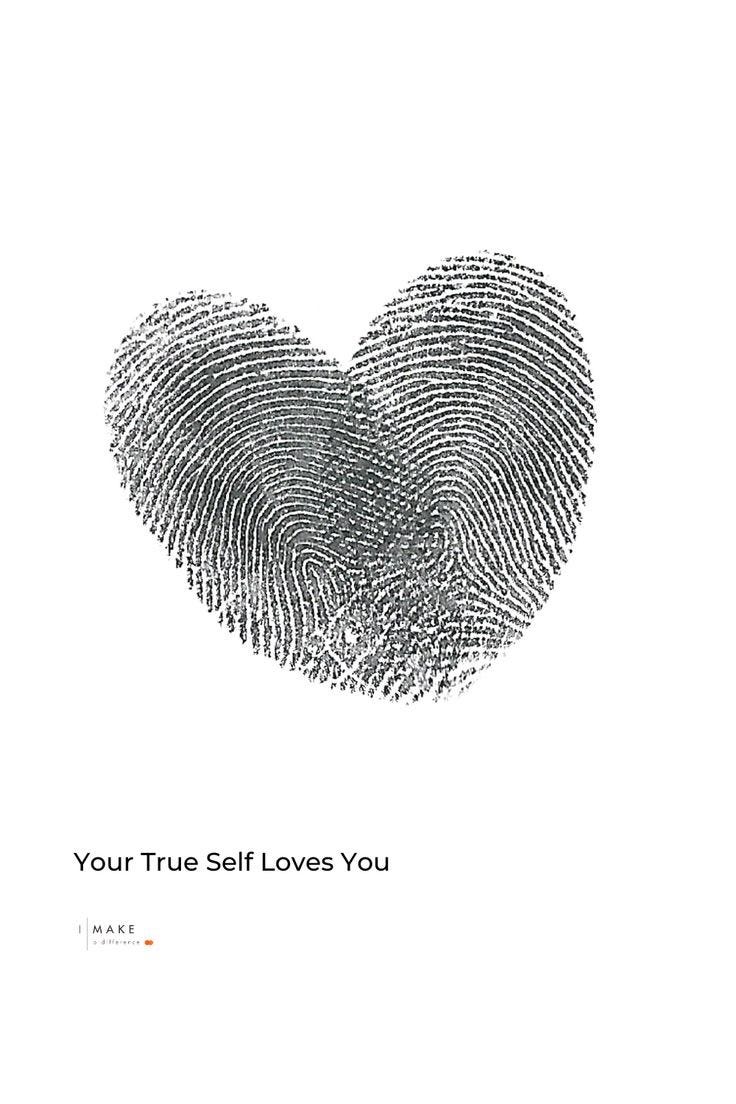To be loved fiercely by people who have nothing to gain and everything to lose by loving me—that’s the love I long for and the love I question.
My family loves me. Not because of who I am, but because I am. Blood ties us together; obligation holds us close. But is that really love?
They have nothing to gain by loving me. And everything to lose—their hearts, and perhaps their peace of mind.
I’ve seen stories of family members going to the moon and back for their truant relatives because they are blood. This is what I mean when I say they have everything to lose.
People give up their lives and dreams for people they don’t like because they love them—because they are family.
Do I love myself the way they love me—without hesitation or question? Or is my love for myself weighed down by conditions: achievements, beauty, worthiness? Would I love myself if I lost everything?
It’s a question I ask constantly. Could I ever love myself unconditionally the way my family does? Even if I did despicable things and didn’t like myself anymore, would I still love myself?
Even now, a lot of my "self-love" is tied to my ability to live up to certain expectations. My ability—or inability—to love myself is based on how much of a "good person" I am, or how socially acceptable I look.
If love can exist without gain or loss, why can’t I give it to myself? Why does every mistake feel like betrayal? Every failure, proof that I’m unworthy of my own care?
Each time I do something wrong, I’m reminded of just how worthless and undeserving of love I am. Every misstep, every wrong turn, I remember—wow, it must be hard to love me.
But why does my love for myself come with conditions? Why does my love for me have to be perfect? Why can’t it be messy and complicated?
Why can we love others without expectations, yet we can’t love ourselves unconditionally? It gets me thinking about people who say, "You can’t love others if you don’t love yourself..."
When others love me, they don’t require perfection. They love my stumbles, my mistakes, my complicated edges. Yet when I look in the mirror, I demand a polished version of myself. Why can’t I extend the same grace to myself that my friends extend to me?
My friends have stayed with me even when I was the least lovable. When I was isolating, they didn’t give up. When I tried to push them away, they refused to be pushed.
Friends are not bound by blood or obligation. They stay because they want to. And sometimes, they don’t stay.
But that doesn’t make their love any less unconditional. Sometimes, their love for themselves is more important than their love for others—and that’s okay.
To be loved fiercely by people who have nothing to gain and everything to lose by loving me—that’s the kind of love I yearn for. But maybe that longing isn’t really about other people at all. Maybe it’s a reflection of what I deny myself.
I want to believe I am worthy of love that costs something. Love that is painful, messy, and relentless. But if I can’t give myself that kind of love—without hesitation, without expectation—how can I ask it of anyone else?
Perhaps the answer lies in this: before I can be loved fiercely by others, I have to learn to love myself the same way. Without conditions. Without needing to be perfect. Simply because I am.






